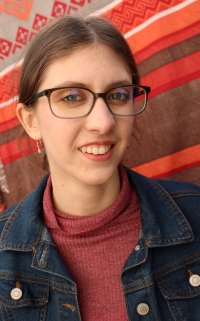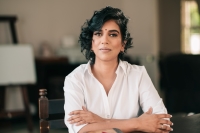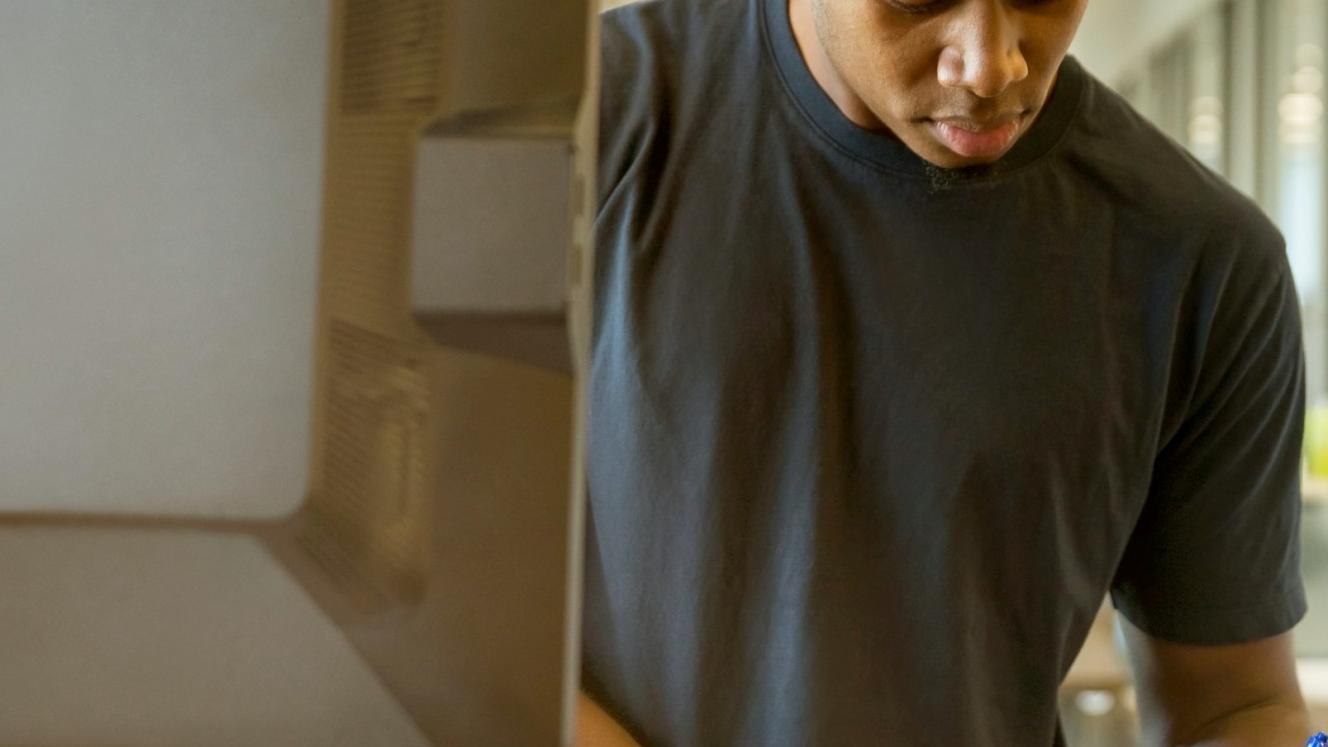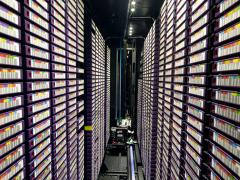Enrolments for the 2021-2022 academic year are now open worldwide, including South Africa, for University of the People (UoPeople) – the first non-profit, tuition-free, American-accredited online university. Open to all qualified applicants, the university offers affordable, accessible, quality higher education opportunities, helping the ‘missing middle student demographic’ overcome financial, geographic, political and personal constraints keeping them from tertiary education studies and, ultimately, from better employment opportunities.
In South Africa, approximately 1.4 million individuals have completed secondary education but have been unable to enrol in a bachelor’s degree programme due to limited seats or financial constraints. These missing middle students are those who cannot afford to attend university but are above the income threshold to qualify for governmental funding.
With education critical in overcoming poverty, unemployment and social inequality in South Africa, there is a dire need for more affordable and accessible, higher education institutions with alternative funding models, as highlighted by the #Feesmustfall movement that started in 2015. However, with the unemployment rate currently at 32.6%, access to tertiary institutions is not enough - graduates need to be employable when they enter the job market.
At UoPeople, the costs of attending university have been removed to be more inclusive and the courses that are offered are in high demand in the job market, resulting in 92% of its graduates worldwide securing employment post-graduation. Students are prepared for entering the world of work via a Career Services Centre, which provides career preparation support. In addition, as classes are made up of individuals from 20-30 different countries, students are exposed to other cultures and ways of thinking, preparing them for today’s global work force where they are likely to work in international companies and interact with people from around the world. Many UoPeople graduates have gone on to work at top international companies and organisations such as Google, IBM, Apple, Dell, Microsoft and even the United Nations.
UoPeople does not charge for online courses, course materials or annual enrolment, however, a small application fee and modest course assessment fees are charged to cover the university’s overall operating costs. While traditional on-campus bachelor’s degrees can cost approximately R150 000, a bachelor’s degree from UoPeople will cost roughly R69 000 – reducing the total cost by more than 50%. Scholarships are available for those who cannot afford the nominal fees.

For local student Shannon Duncan, UoPeople presented an opportunity to get a quality higher education affordably, while being flexible enough to allow her to work while studying so she could pay her fees. “I fall into that in-between space where my income is not low enough to get funding but not high enough to be able to afford university. UoPeople is affordable and not being tied down to physical classes means I can earn money while working towards getting my health science degree.”
Academic programmes offered
UoPeople offers Bachelor’s degrees in the high job demand academic programmes of Business Administration, Computer Science, and Health Science as well as a Master’s in Education and an MBA.
The university collaborates with leading institutions, such as Harvard Business School Online, University of Edinburgh, New York University and McGill University in Canada, to create even more opportunities for its students. UoPeople gained accreditation in 2014 from the Distance Education Accrediting Commission, which is officially recognised by the US Department of Education and the Council for Higher Education Accreditation.
The fees structure
UoPeople has a very simple tuition-free higher education model, where most of the costs of attending university have been removed. There is a one-time application fee of $60 (approximately R880) and at the end of each course there is an assessment fee due: $120 (approx. R1 800) for undergraduate courses and $240 (approx. R3 500) for graduate courses. Financial aid is available for those in need.
The total approximate costs to earn a degree at UoPeople are:
- Undergraduate degree: $2 460 (*R36 200)
- Bachelor’s Degree: $4 860 (*R71 500)
- MBA: $2 940 (*R43 200)
- M.Ed.: $3 180 (*R46 800)
*Dependent on the dollar versus rand values (On 29 July - R14,71 to the dollar)
How the online model works
Students can study from anywhere in the world, on any device – even a mobile phone. All learning materials and textbooks are Open Educational Resources (OER), which are free to the student.
All students are assigned a programme advisor at the beginning of their studies who helps guide them all the way until graduation. Courses are led by qualified faculty. The final grade is based on a combination of peer- and faculty-graded work, graded quizzes and a final exam.

Apart from online classes, the online forums and peer review groups ensure that students are part of a strong and lively online community. Pragashnie Naidoo, a current M.Ed student who also recently completed her BSc. in Health Science with UoPeople says: “I love having online discussions with people from all over the world. I am an introvert and suffer from anxiety, but I made such valuable connections on a global scale, many of whom I still keep in contact with today.”
Student resources
The UoPeople ensures all students are equipped and able to study. Students are not required to watch videos or download large files, which minimises the use of mobile data should students choose to study from a mobile phone. Every student is provided with a subscription to Microsoft Office 365 and therefore has the software needed for a class at no extra expense. The university currently has about 1 600 students in South Africa successfully studying with the institution.
How to apply
Visit the website at: www.uopeople.edu to see the admission requirements. Then, simply complete the online application form and pay the one-time application fee. Applications are always open and are currently being accepted for Term 2 of the academic year 2021-2022, which starts in November.














